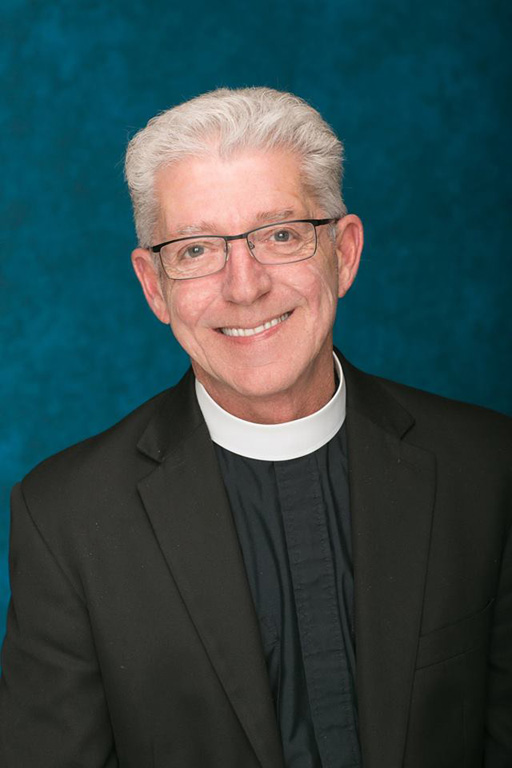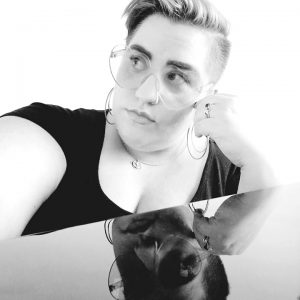QUESTION: During my growing up years, both my parents were involved in our family business. My maternal grandparents helped by taking care of me and my younger sister until we were both out of high school. They were kind, loving and helpful to us and were like a second set of parents. Grandpa passed away recently and it was then I realized how much I loved him and will miss him.
The sadness and grief are almost unbearable at times for both me and my sister. We talk about it a lot and wonder if there is such a thing as getting over such intense grief. ~ Sad Grandson
Dear Sad Grandson,
For some of us, we don’t realize how deeply we love someone until after they have passed away, especially when there has never been a time without that person being there for you, like your grandpa. Feeling like there is a giant hole in your life, and your heart, is normal. Feeling like it will never get easier, and wondering how to just make it through the day, is also normal. I want to share with you Kubler-Ross Grief Cycle, which describes the stages we go through when we experience grief. You may see your own journey in these five steps. First, there is denial (shock, fear, avoidance); next comes anger (anxiety, frustration), followed by depression (overwhelm and helplessness), the fourth is bargaining (reaching out to others, trying to find meaning in the loss), and finally we arrive at acceptance (exploring options, making new plans, moving on).
Unfortunately there is no way to skip from number one directly to number five without each step in between. Each day must be lived, the grief dealt with, and each moment of sorrow allowed, honored and recognized for what it is. We must learn to take comfort in the love that we shared, the memories we have and to know that death is a natural part of all life. So many people never experience the kind of love you and your grandpa shared. Fill your heart with gratitude for that love, which never dies, and give it to everyone in your life. Take the time you need to heal at your own pace and be gentle with yourself.

Rev. Karen Mitchell
karen@karenmitchellmusic.com
Dear Sad Grandson:
Thank you for reaching out to us.
Your inquiry struck a chord with me as well as I once had a deep and binding relationship with my maternal grandparents and I can relate to your sense of loss. Missing someone we love is natural and healthy but when it intensifies to the point of affecting one’s daily life it can become a legitimate concern.
Intense grief can be harmful when it morphs into becoming a habit or an internal place to go to possibly hide from other issues contained within intense grief. I suggest both you and your sister consider joining a grief counseling group. There are churches and non-profits in our area that provide this service and, from what I’ve been told, have been helpful. Because you and your sister are used to addressing grief together, I would suggest you both attend separate groups.
Physics has taught that in what we perceive as darkness actually contains light. Some of that light can be found in a very old hymn tune entitled, “Precious Memories,” which says: Precious memories how they linger, How they ever flood my soul. In the stillness, of the midnight, Precious sacred scenes unfold. That’s where you want to end up, feeling warm and loved by precious memories which flood your soul with the realization that love never dies, or can be displaced.
May God bless you both on your journeys.
Rev. Anthony Keller
office@SaintGLC.org
QUESTION: I have a longtime friend. We taught together at the same school for many years. We were both very involved with the “Say No to Drugs” in our school. Now we’re both retired. I hadn’t heard much from my friend lately but didn’t give it much thought until he confessed he had been smoking marijuana and drinking a lot with another friend.
I’m very disappointed in his choices. I’ve always said, “I don’t do drugs and I do not hang around with people who do.” My friend said he’s doing less of that now. My question is do I keep or drop this friendship? It seems we don’t have much in common anymore. ~ Puzzled Friend
Dear Puzzled Friend,
I don’t know about you but I find C.S. Lewis’ words on friendship to be very true: “Few value [friendship] because few experience it.” If you have a longtime friend, you are blessed. And blessings are worth fighting for. I recommend three basic steps: Bless, confess and address. Bless your friend by letting him know how much you value his friendship. (And privately, by yourself, forgive him.) Then confess to him that you don’t abide by drugs.
I suspect he knows that already. You don’t need to tell him why. I suspect he knows that, too. And address how you think you can keep your friendship, like doing the kinds of things you have always done together but asking him – for the sake of your friendship – to leave the drug stuff out of it.
Remember, to love someone is “to will the good of the other.” As long as you can keep a healthy friendship with your friend you will be bringing life and health into his life, something drugs can never do. Sometimes to have a friend, you need to be a friend first.
Rev. Rob Holman
rob@stlukesanglican.org
Dear Puzzled,
Often in the course of our lives, we will make decisions that seem, to us, completely out of character. When this happens, especially if the change feels out of line with previously expressed values, it can be really confusing and painful. It sounds like both your personal identity and your understanding of this friendship are deeply linked to a value for abstaining from substance use, and you’re having a hard time dealing with your friend’s apparent shift away from what you understood as shared values.
What I’m wondering about is the last sentence of your message. Was abstaining from intoxicants the only thing you and your friend had in common? This friendship was important enough to you that you wrote in about it but, if it was based only on teaching and not ever being intoxicated, maybe it was always just a situational friendship. Some friendships don’t last past the context in which we made them. That’s okay.
If the friendship was about more than just where you work and what you don’t do, though, I invite you to ask yourself and your friend some questions. You may have always said you “do not hang around with people who do [drugs]” but you don’t have to continue saying that. Is that still a value you hold very closely? How important to you is that at this point in your life? Does it matter how someone is using intoxicants? Which intoxicants they’re using? Was your friend not telling you because he is ashamed or because he was afraid you would be judgmental? Is your friend using intoxicants because he’s having an emotionally hard time or to have fun? Does that matter to you? What would change in either of those situations?
Just Say No is a pretty outdated method of harm reduction and maybe it’s outdated as a standard you hold every friend you have to as well. Or maybe it’s not. I can’t answer that for you, but I can tell you that you’re being offered an opportunity to reflect on both your friendship and your values. Spend some time thinking about it, do some updated research, pray about it, and then do your best to make a decision in a spirit of love and compassion for both you and your friend.
Blessings,
Rev. KC Slack
revkc@uuverdugo.org



